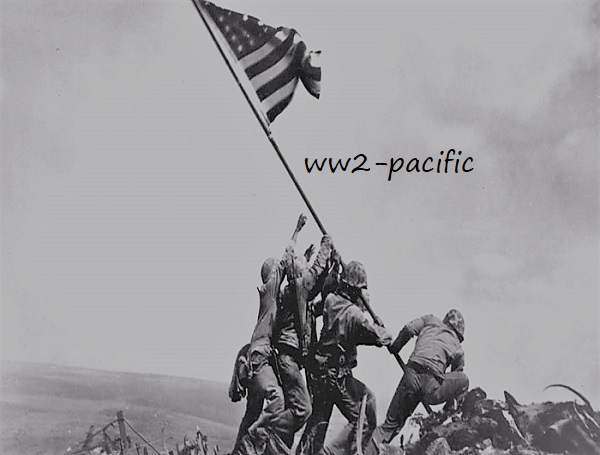Rank and Name, Private Samuel Lee Knott Jr.
Unit/Placed in, 508th Parachute Infantry Regiment, 82nd Airborne Division.
Samuel was born approx. on Sep. 10, 1925 in Cranville County, North Carolina.
Father, Samuel l. Knott.
Mother, Lois M. (Daniel) Knott.
Sister(s), Rosalind Knott.
Samuel enlisted the service at South Carolina with Service #:34899090.
Samuel was KIA near Malinta Hill during the Battle for Corregidor, Philippine Islands, on Feb. 26,1945, he is honored with the Purple Heart, Combat Infantry Badge, Marksmanship Badge, Parachute Badge, Good Conduct Medal, American Campaign Medal, Army Presidential Unit Citation, Asiatic-Pacific Campaign Medal, WW II Victory Medal.
Samuel is buried/mentioned at Manila American Cemetery and Memorial Manila, Metro Manila, National Capital Region, Philippines.
Samuel also has a Memorial Grave at Enon Bapist Church Cemetery, Oxford, Granville County, North Carolina.
Thanks for the Photo’s The MacArthur Memorial
Jean Louis Vijgen, ww2-Pacific.com and ww2-europe.com.
Air Force Info, Rolland Swank.
ABMC Website, https://abmc.gov
Marines Info, https://missingmarines.com/ Geoffrey Roecker
Seabees History Bob Smith https://seabeehf.org/
Navy Info, http://navylog.navymemorial.org
POW Info, http://www.mansell.com Dwight Rider and Wes injerd.
Philippine Info, http://www.philippine-scouts.org/ Robert Capistrano
National Historian
Navy Seal Memorial, http://www.navysealmemorials.com
Family Info, https://www.familysearch.org
Info, https://www.pacificwrecks.com/
Medals Info, https://www.honorstates.org
Website,
Find a Grave, https://www.findagrave.com
Tank Destroyers, http://www.bensavelkoul.nl/
World War II, Key roles for the 503rd.
On 14 February 1942, the 503rd Parachute Infantry Regiment was formed.
The unit’s first operation was an unopposed landing at Nadzab, in the Markham Valley, New Guinea, on 5 September 1943. Although the landings were unopposed, the troops were later attacked by enemy bombers from the air. The 503rd’s deployment helped force the Japanese evacuation of a major military outpost at Lae. During their overland withdrawal, the third battalion of the 503rd had a major skirmish with the Japanese rear guard.
On 3–4 July 1944, 1st and 3rd Battalions of the 503rd were delivered by parachute to Kamiri Airfield on the island of Noemfoor off the coast of Dutch New Guinea, sustaining significant casualties from the jump. To reduce further casualties, 2nd Battalion was delivered amphibiously. At the Battle of Noemfoor. Dwarfed by and silhouetted against clouds of smoke (created to provide concealment), C-47s from the USAAF drop a battalion of the 503rd at Nadzab, New Guinea.
Following a non-combat landing on the island of Leyte in the Philippines, the 503d Regimental Combat Team (RCT) made a major amphibious landing on Mindoro Island in the central Philippines on 15 December 1944.
On 16 February 1945, the 503rd RCT jumped on Fortress Corregidor (“the Rock”) to liberate that island from occupying Japanese forces. The assault on Corregidor was the most intense combat action in which the 503rd engaged during its existence.[citation needed] Braving intense fire, the paratroopers rushed forward and overcame the heavy blockhouse defenses, dropping explosives into embrasures to kill hidden Japanese gunners. For its successful capture of Corregidor, the unit was awarded a Presidential Unit Citation (US) and received its nickname, “the Rock Regiment” from it. The regimental insignia was designed by PFC Thomas M. McNeill while recuperating from his injuries and dengue fever, hepatitis, and malaria on Mindoro Island, following the battle of Corregidor.
Almost 200 American soldiers died taking back Corregidor. The 503rd Parachute Regimental Combat Team was awarded the Presidential Unit Citation for taking back “The Rock.”
